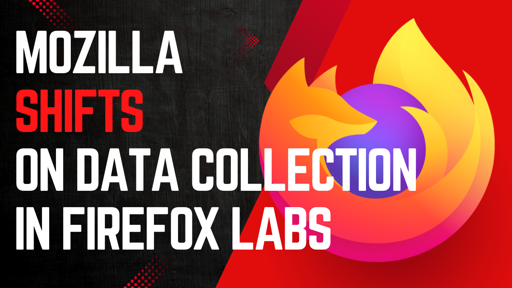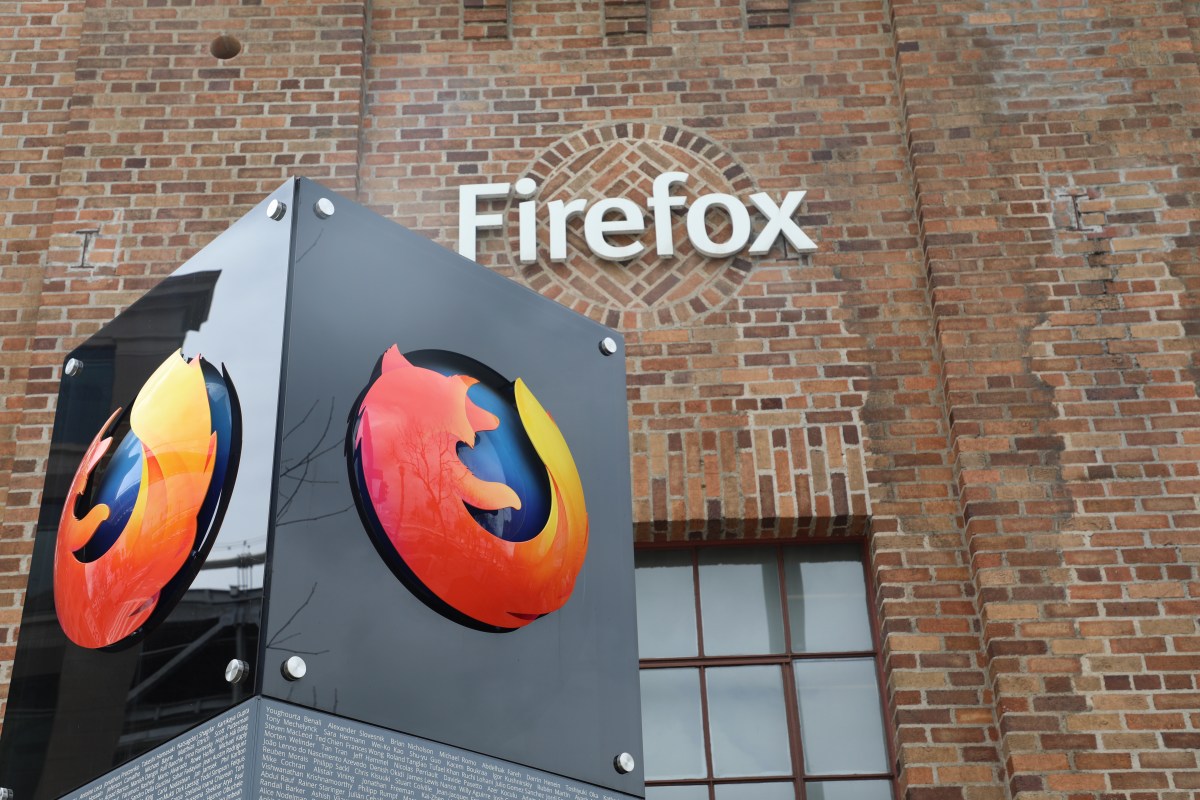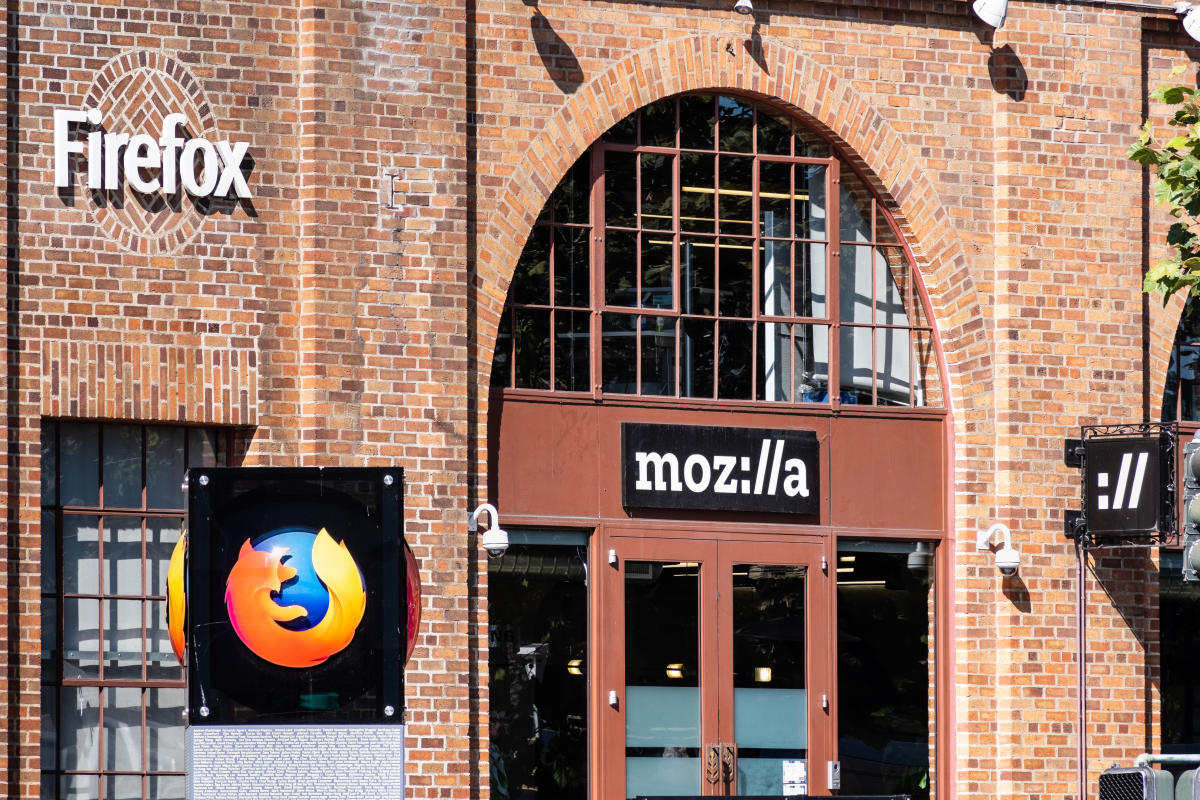

A few observations from others about why Delta Chat is neat but not remotely close to a replacement for Signal (or probably much else):
It hasn’t achieved the bare minimum for serious encrypted messaging
“No, Delta Chat doesn’t support Perfect Forward Secrecy (PFS). This means that if your Delta Chat private decryption key is leaked, and someone has collected your prior in-transit messages, they will be able to decrypt and read them using the leaked decryption key.”
https://delta.chat/en/help#pfs
It’s great they’re being open about the implications. But given that there’s better protocols out there (Signal protocol for example), it makes no sense to use inferior apps.
Forward secrecy and metadata privacy are table stakes in any modern secure messaging design, and Delta Chat has neither.
If Keybase hasn’t managed to “fix” the same base encryption Delta Chat is using, there’s no reason to assume this small project will have better luck.
PGP isn’t architecturally well-equipped to provide forward secrecy. In the mean time, I think it’s borderline negligent to put this in the category of secure messaging; the world’s expectations for security baselines have moved on beyond the mid-2000s.
(My reference point here is Keybase, which built a very user-friendly and misuse-resistant encrypted chat on top of PGP in the mid-2010s. They couldn’t get to forward secrecy either with PGP as their substrate.)
Delta Chat treats encryption as optional and requires extra steps to avoid accidentally exposing more data
No forward secrecy and will automatically switch to unencrypted messages if you receive an unencrypted message from a contact.
The way to have guaranteed encryped is creating two user encrypted group chat.









Monero? First I’ve heard of this